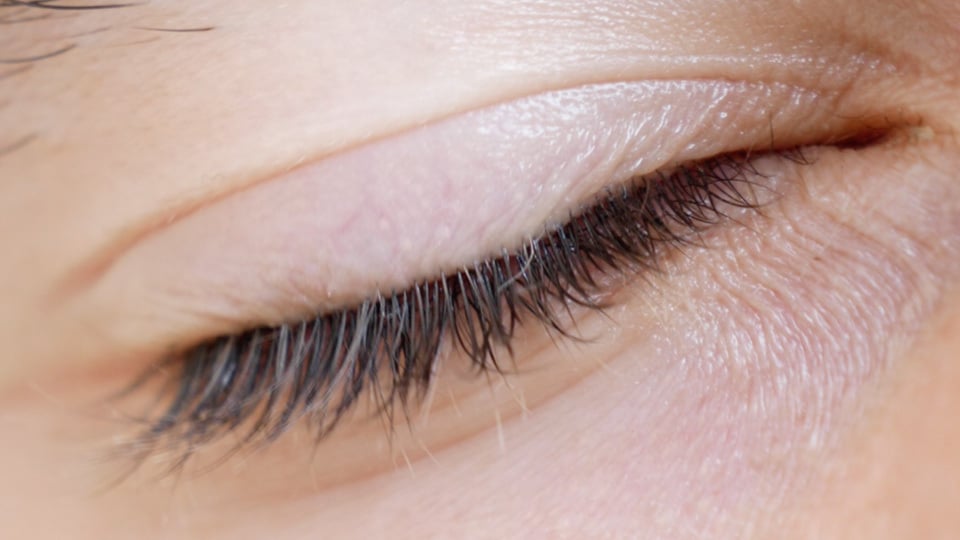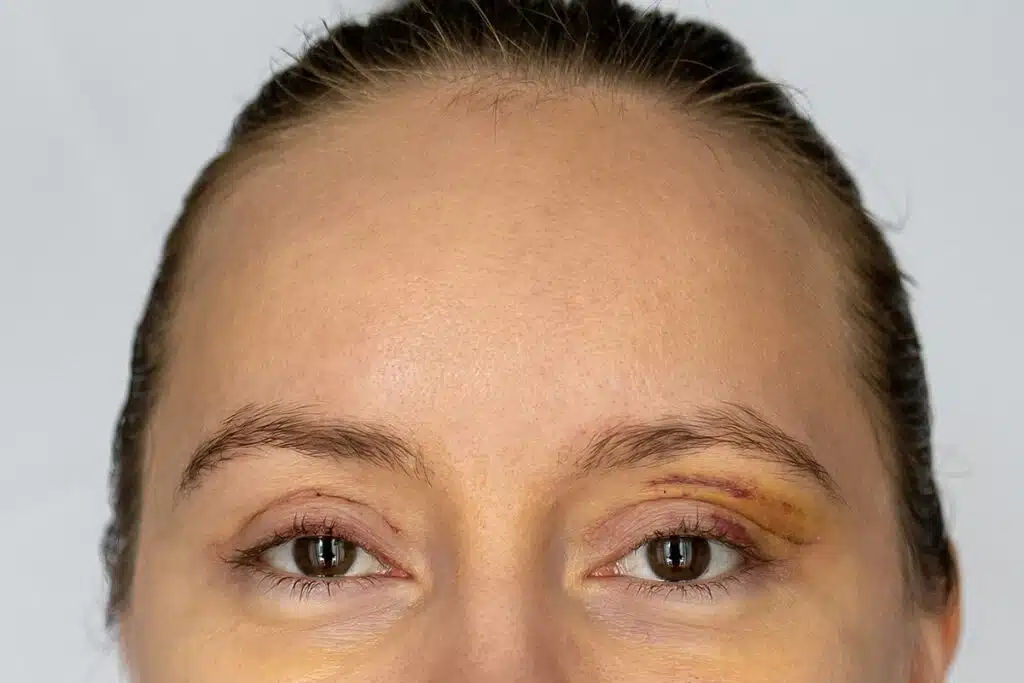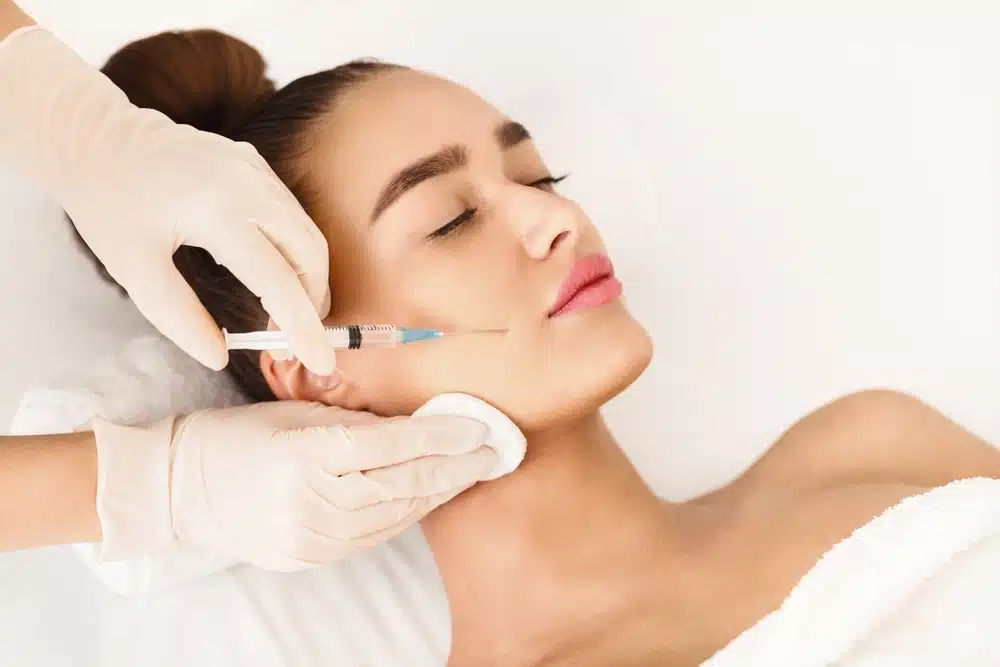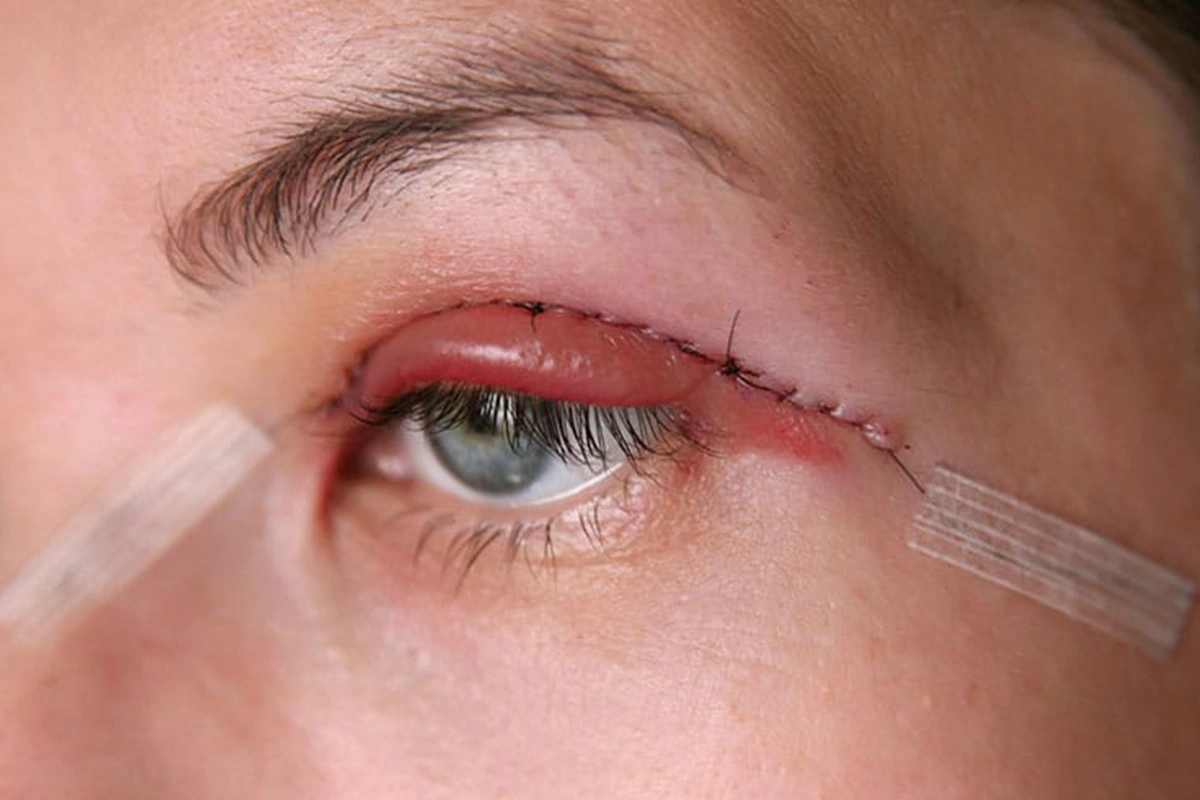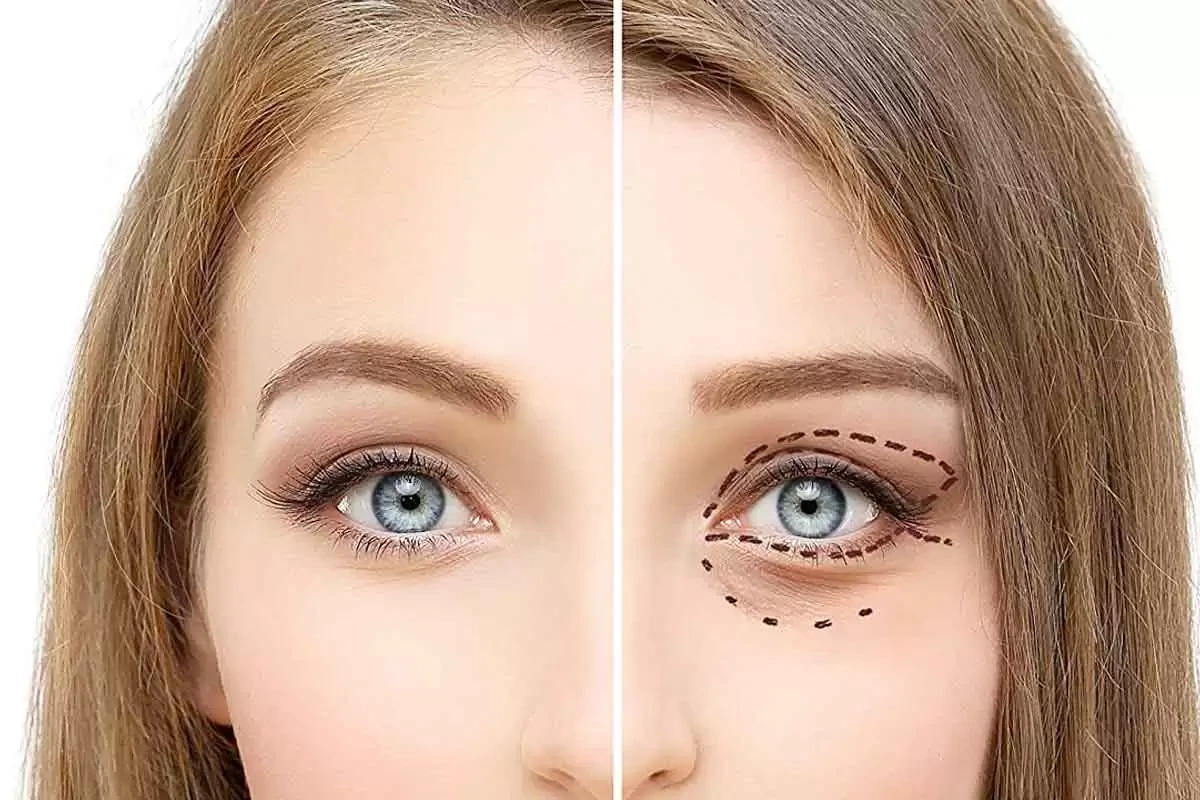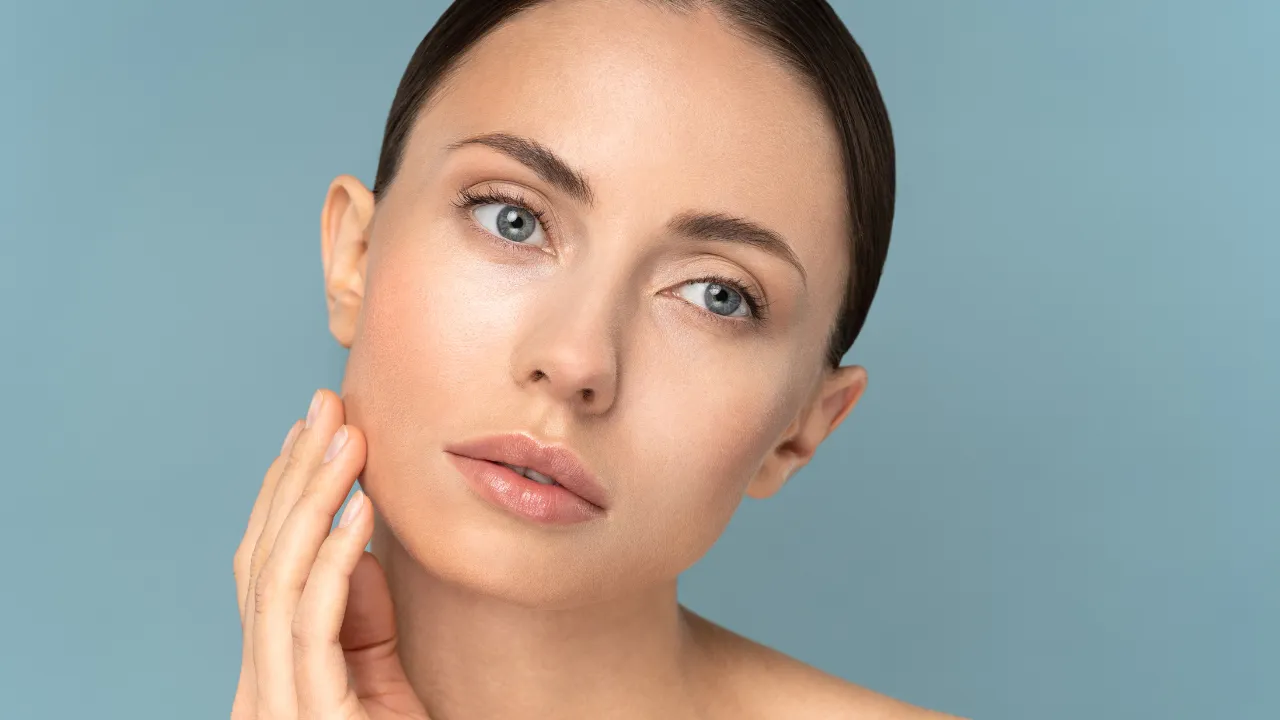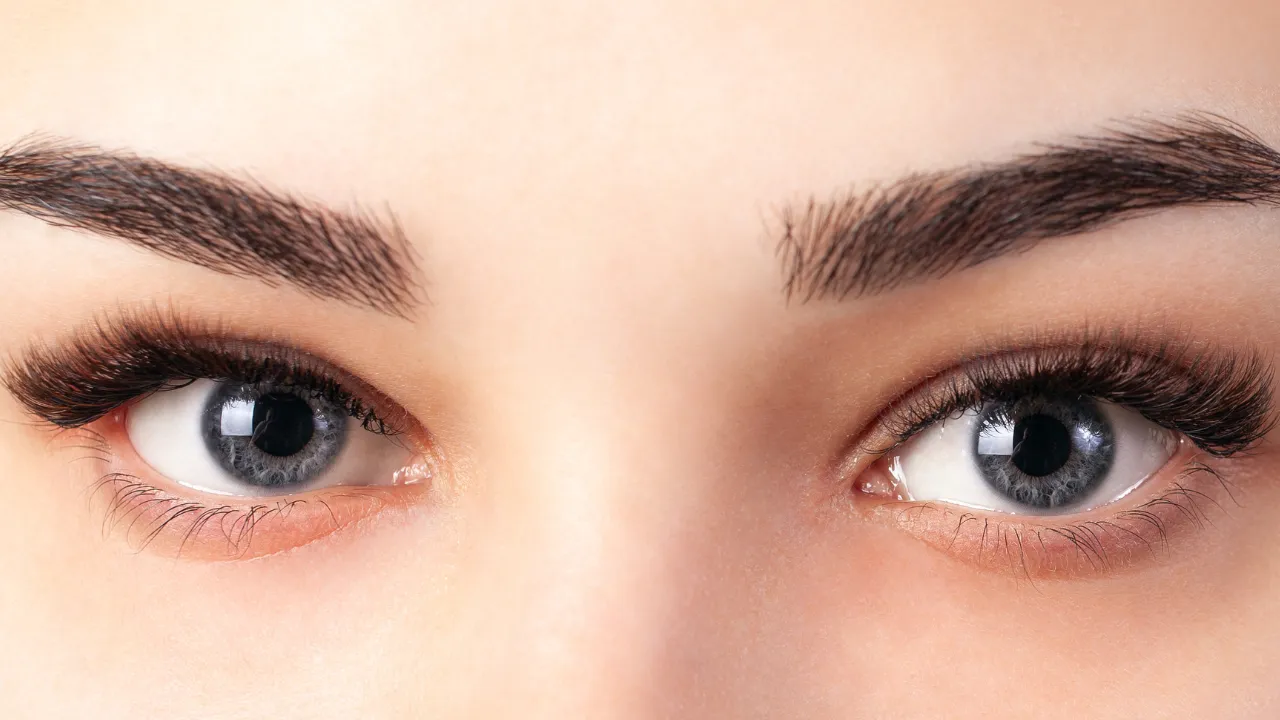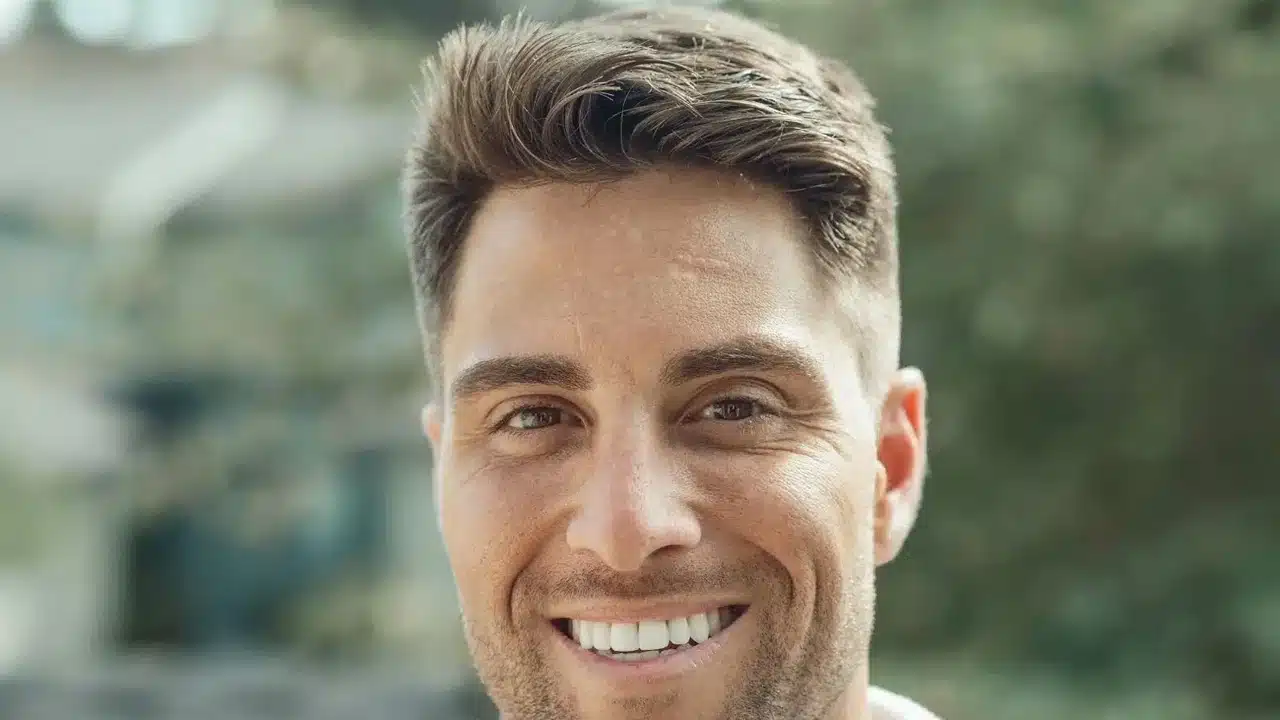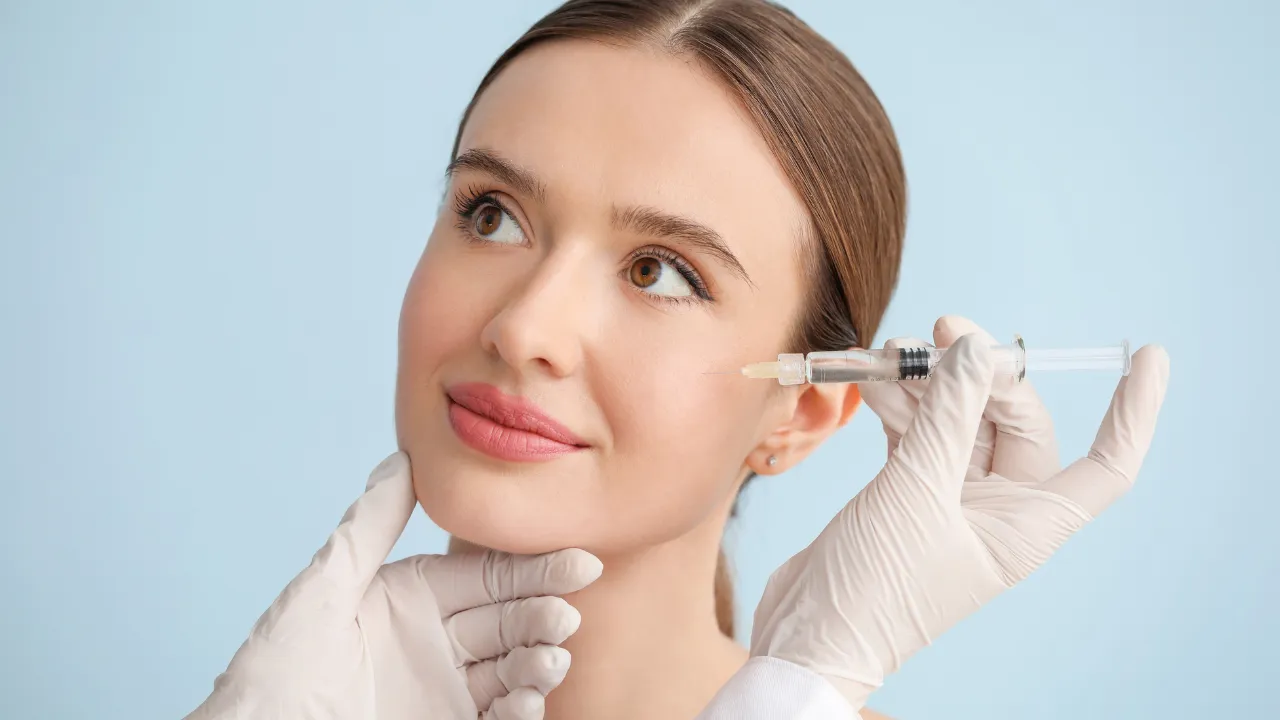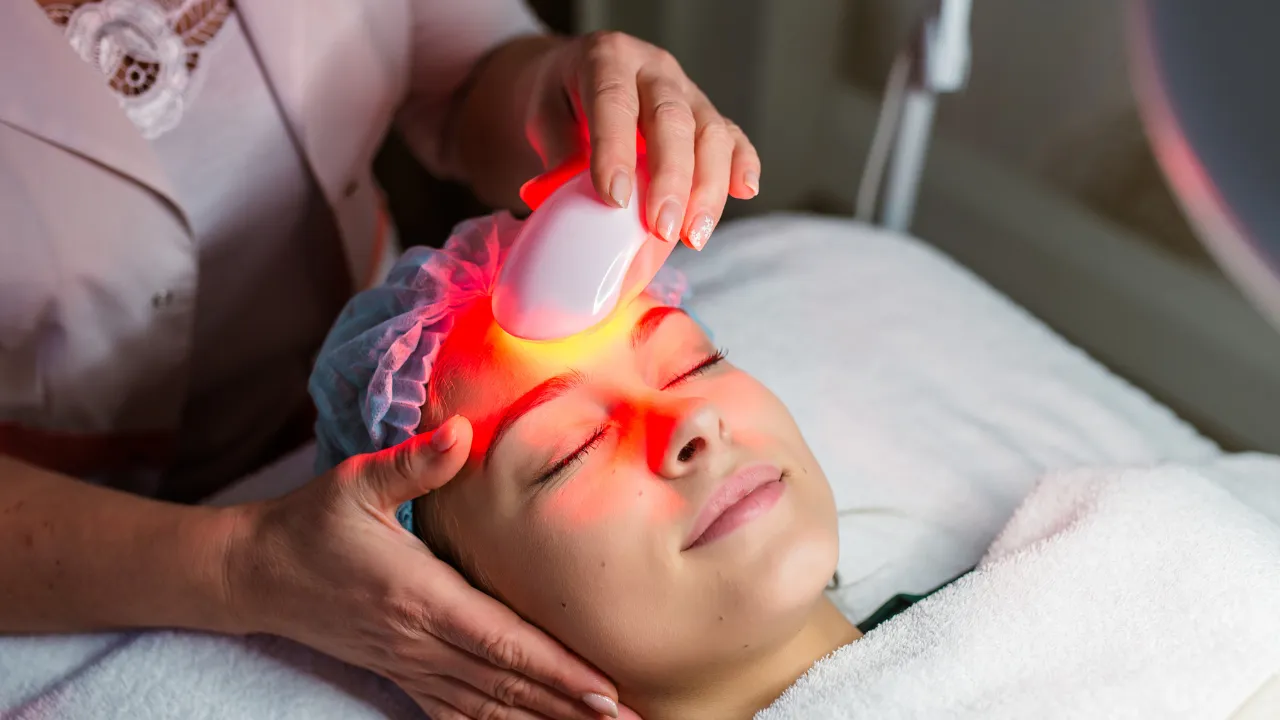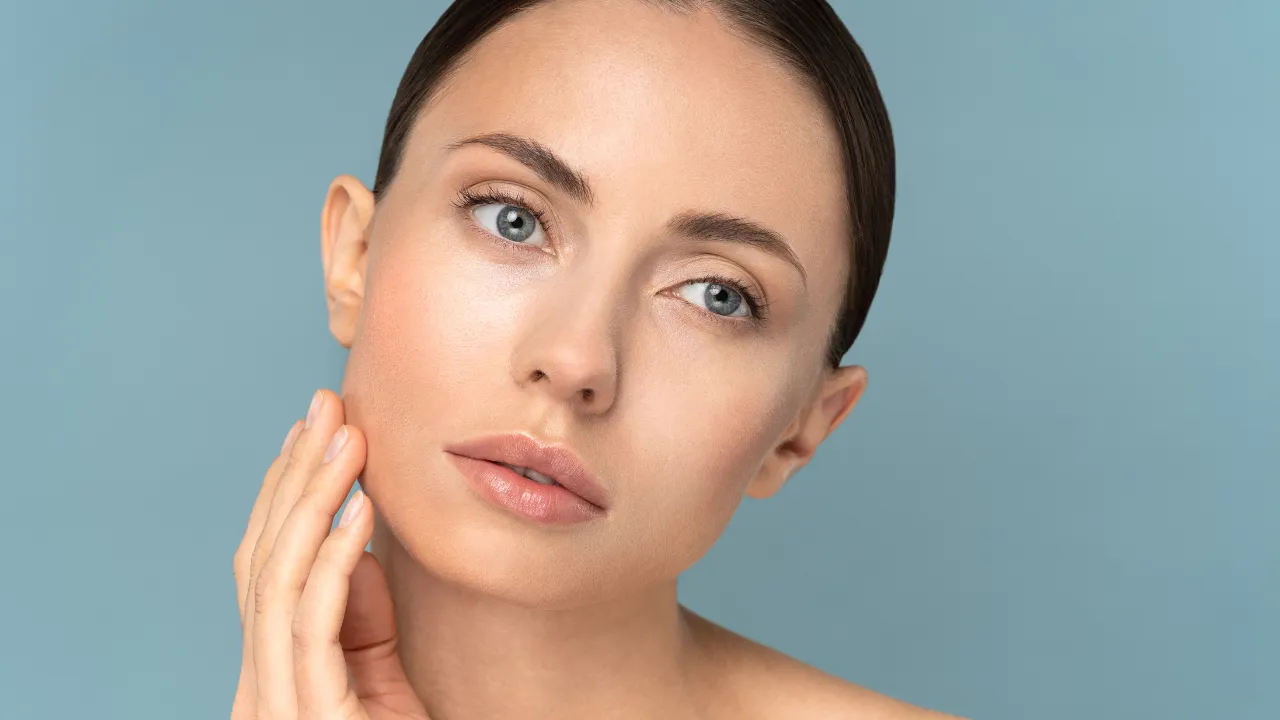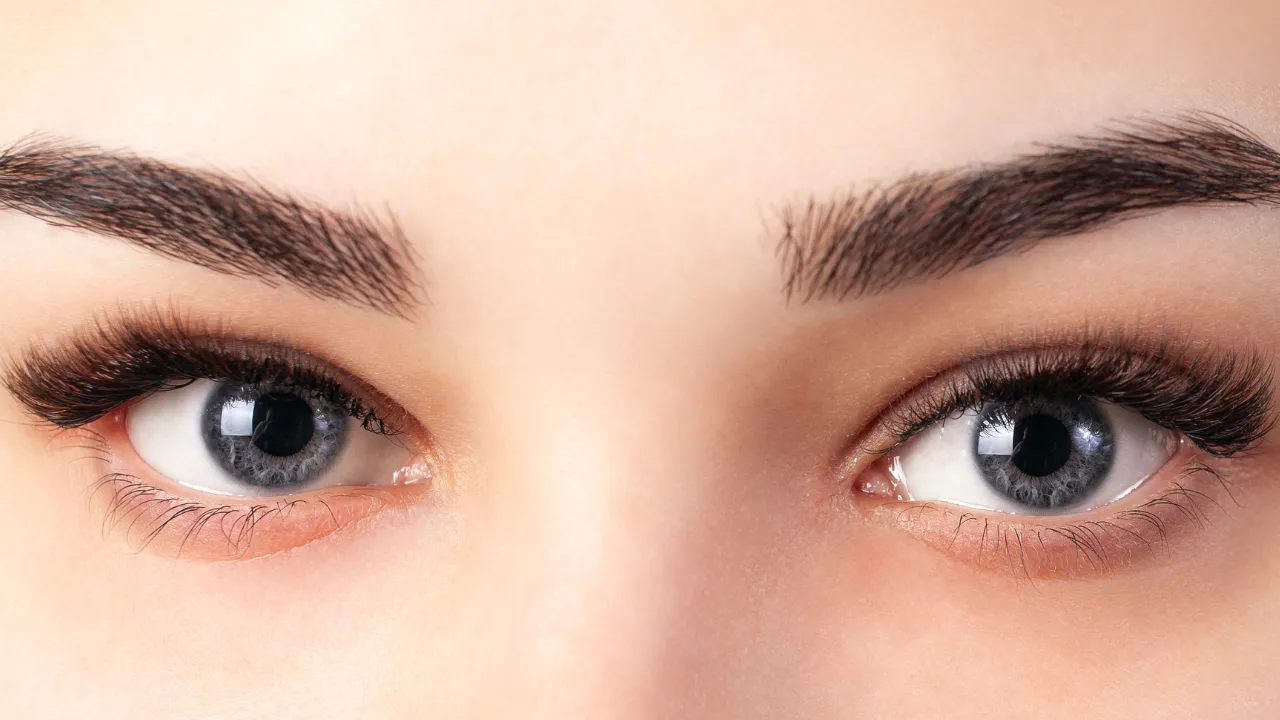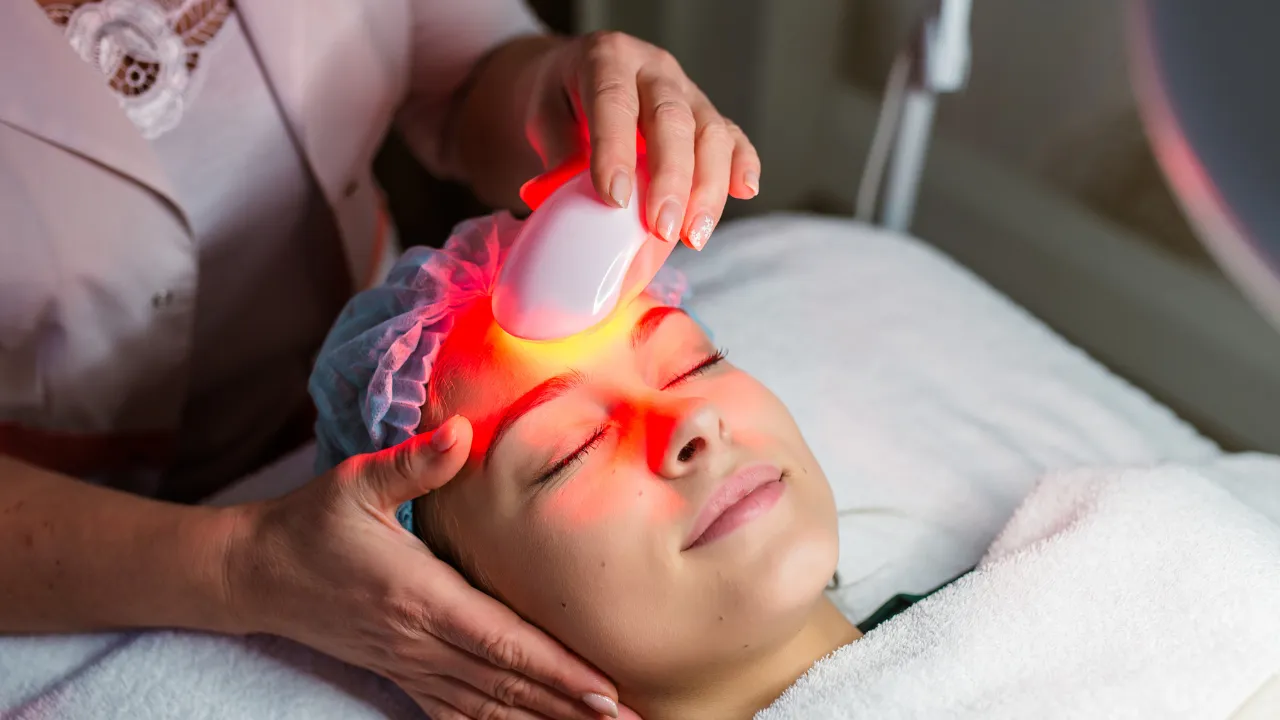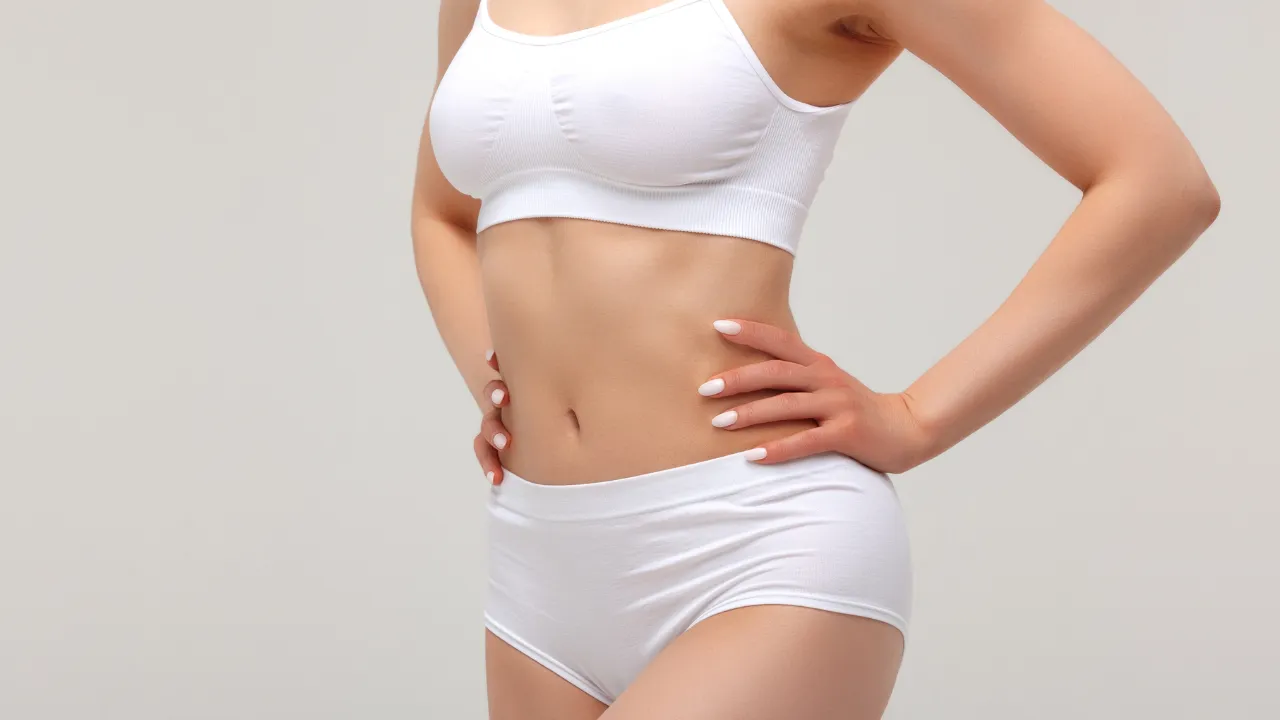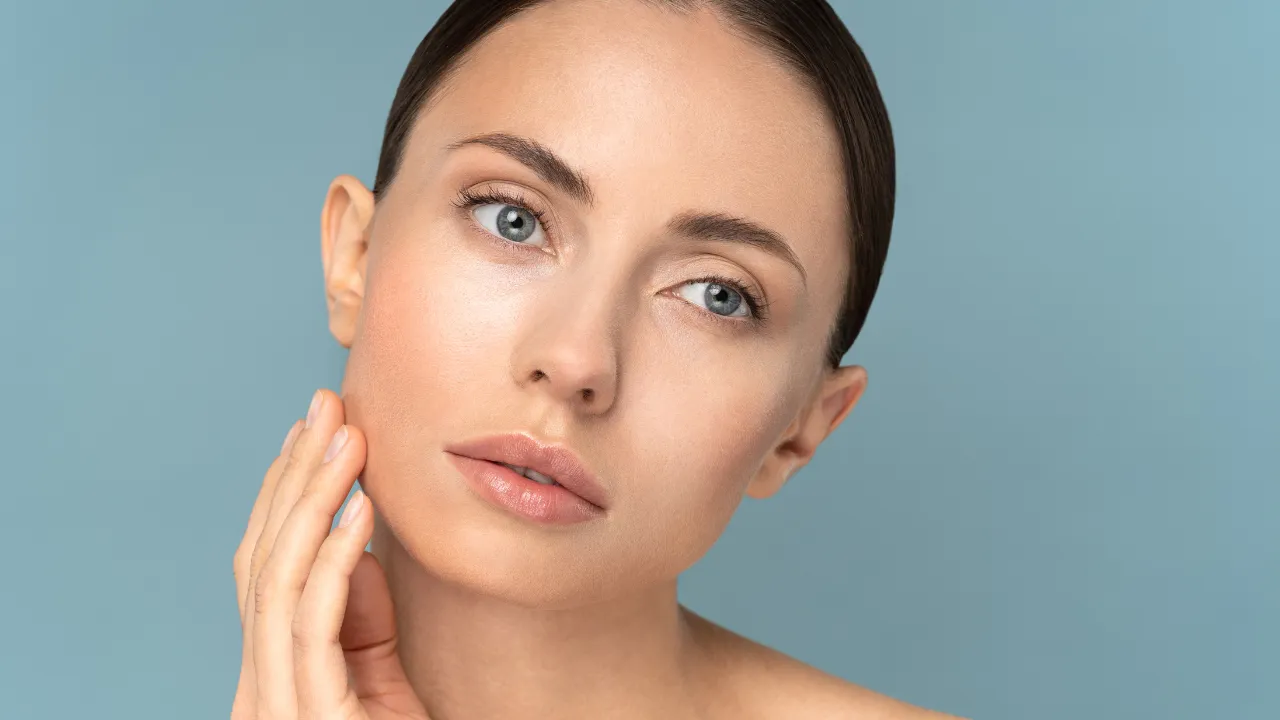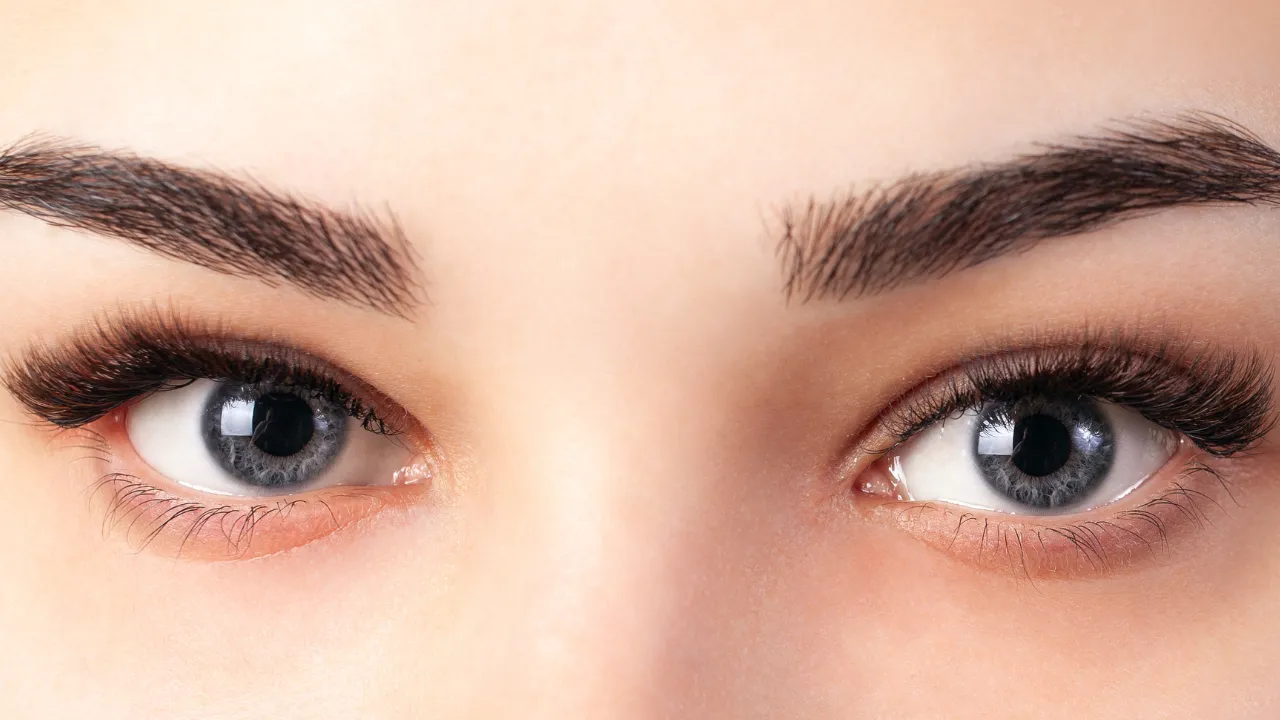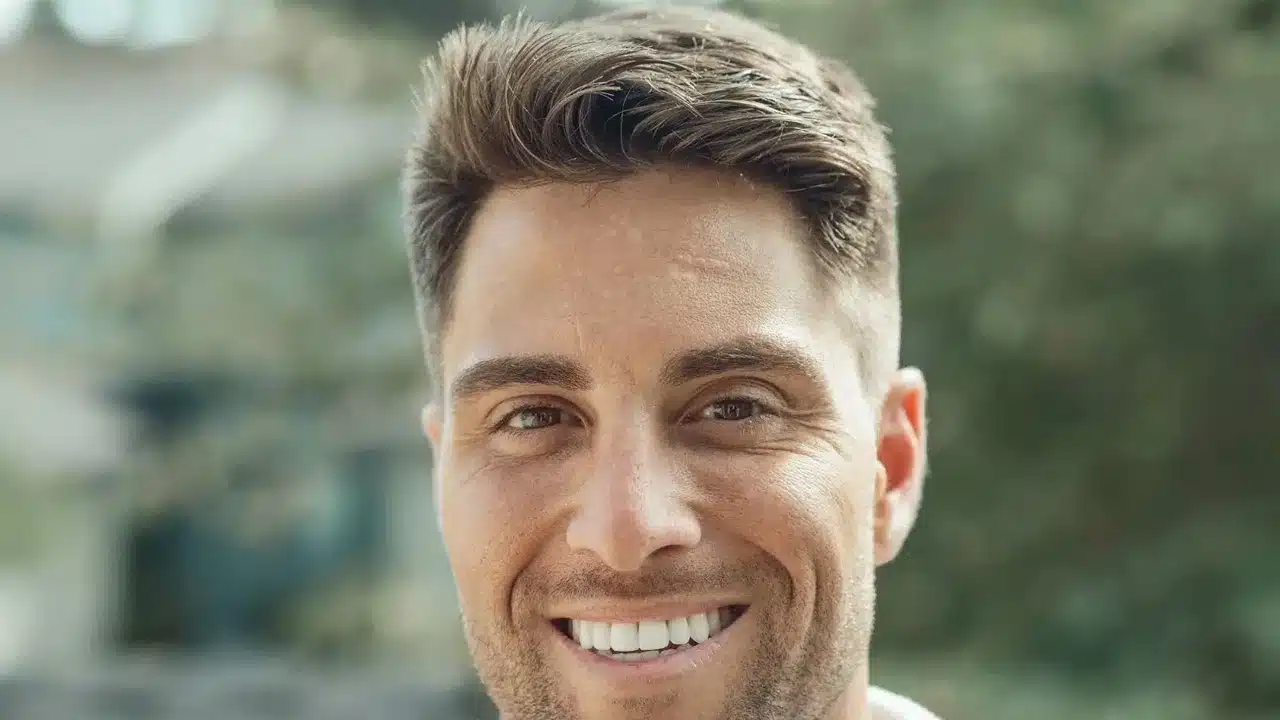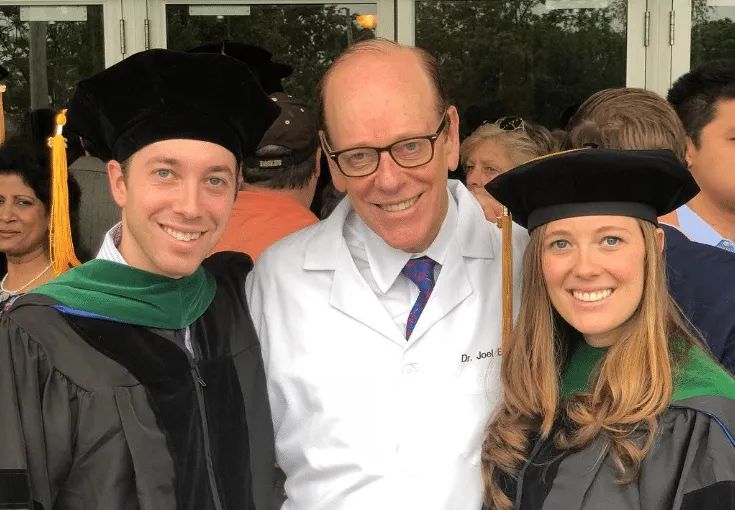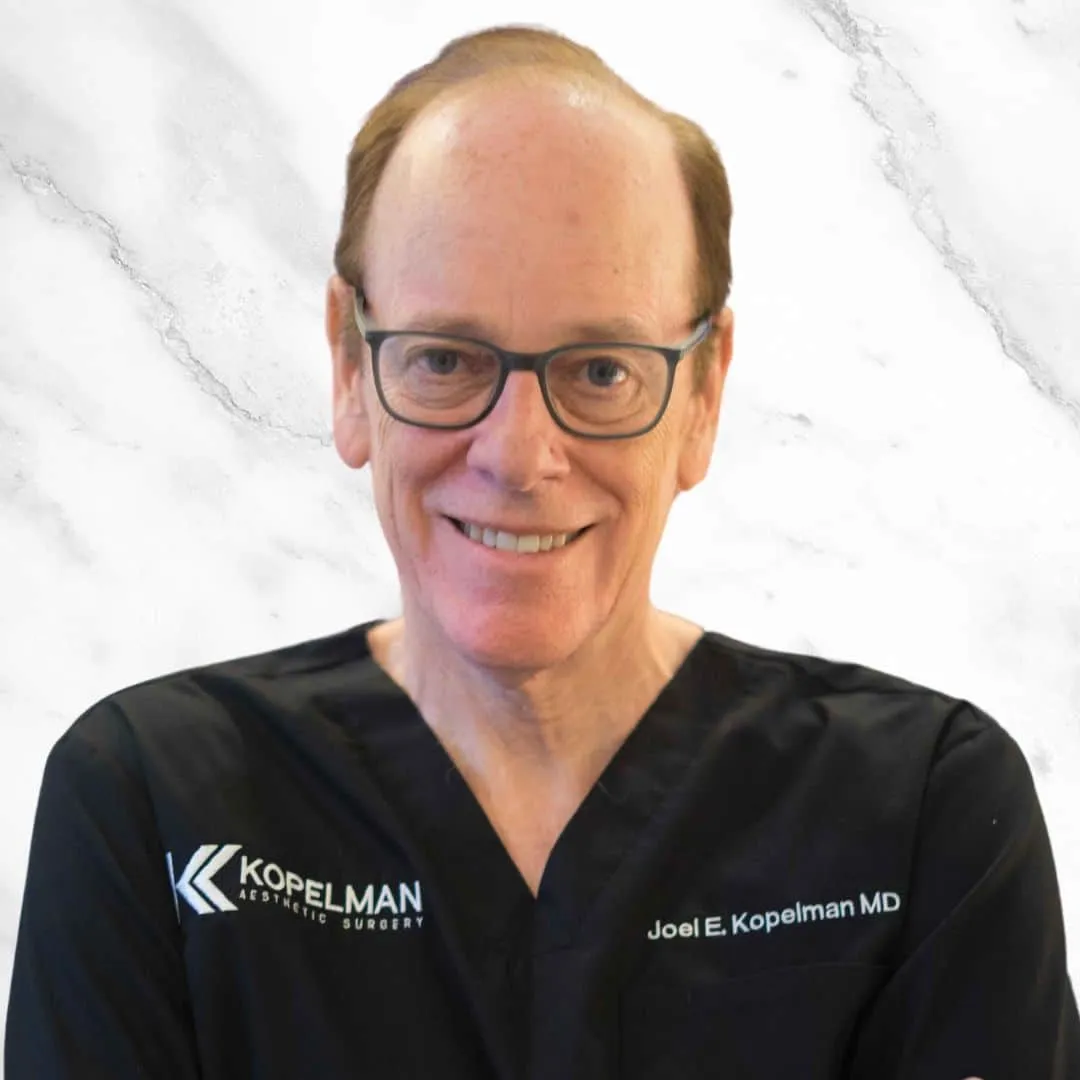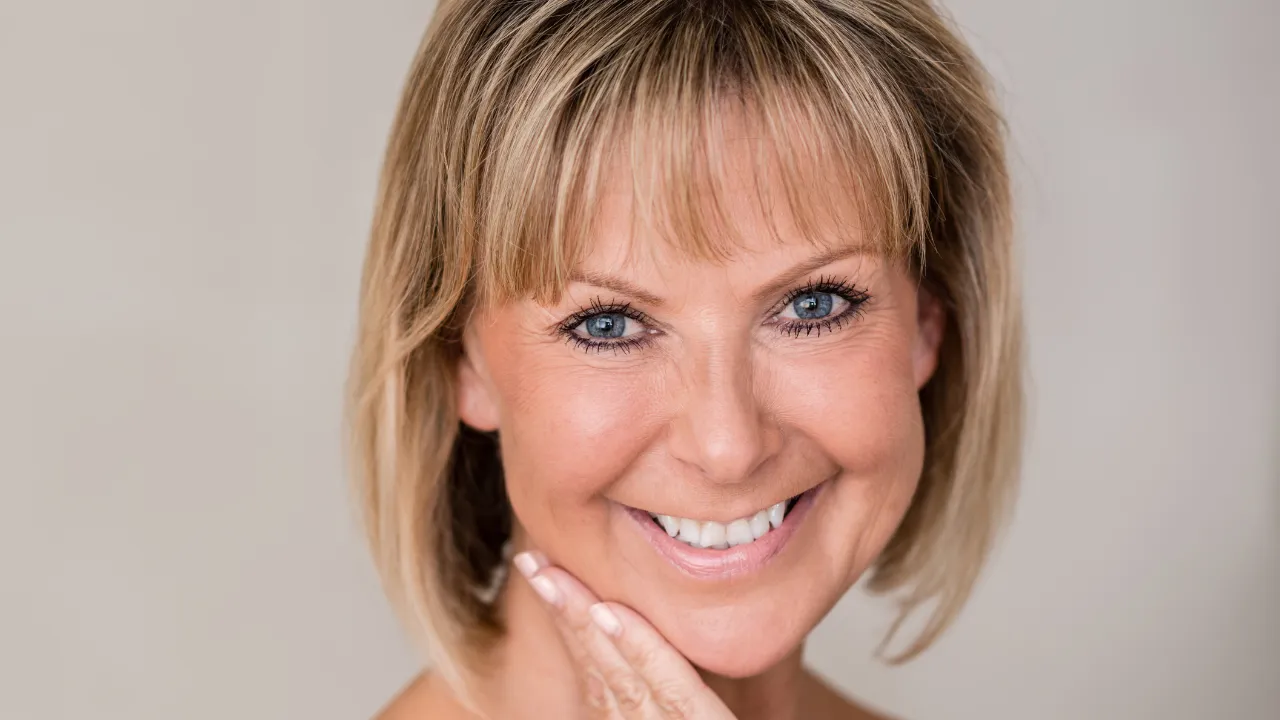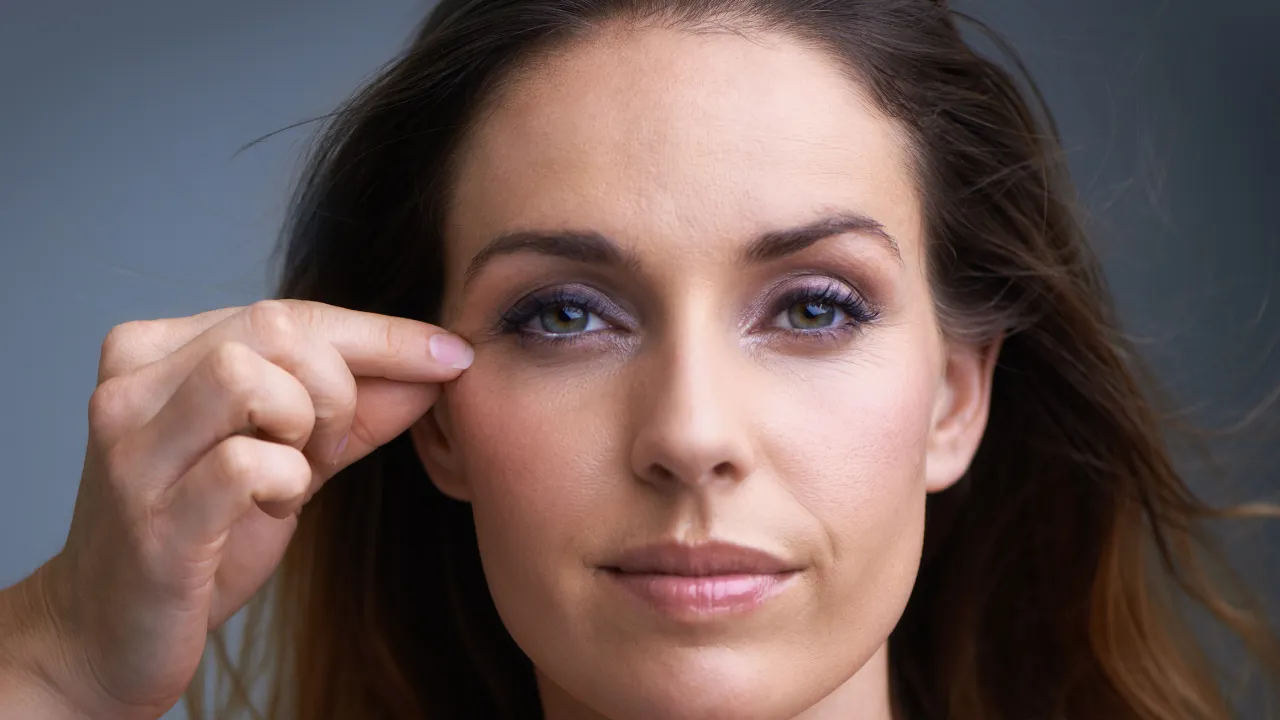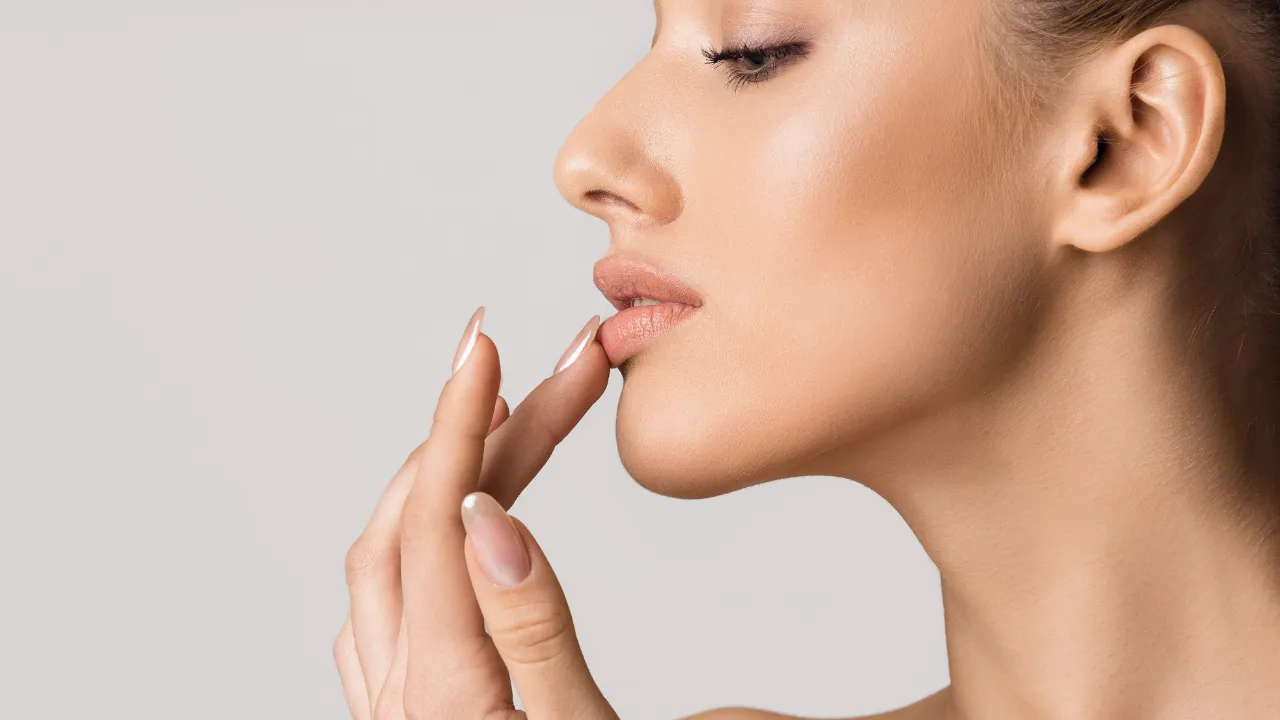Kopelman Aesthetic Surgery, led by renowned facial and oculoplastic surgeon Dr. Joel Kopelman, specializes in treating complex eyelid problems with precision and care. With over 35 years of experience, Dr. Kopelman offers trusted solutions for patients experiencing common eyelid diseases and related concerns.
Table of Contents
ToggleCommon Eyelid Conditions
What Is a Common Eyelid Problem?
One of the most common eyelid problems is blepharitis, a chronic inflammation of the eyelid margins. It often results from clogged oil glands, specifically the meibomian glands, and may cause dry eyes, redness, and irritation.
Eyelid Diseases List
- Blepharitis
- Styes and chalazion
- Ptosis (droopy eyelids)
- Entropion and ectropion
- Eyelid keratosis
- Seborrheic dermatitis affecting the eyelid skin
- Eyelid tumors, including skin cancer
What Does Blepharitis Look Like?
Blepharitis presents with redness along the eyelid margins, flaky skin, and sometimes crusting near the lashes. In chronic cases, patients may experience itching and blurred vision due to dry eyes.
What Does Keratosis on the Eyelid Look Like?
Eyelid keratosis appears as rough, scaly patches. Though often benign, changes in size, shape, or color warrant evaluation to rule out skin cancer.
Eyelid Defects and Other Abnormalities
Congenital or acquired eyelid defects can impact function and appearance. These may involve connective tissues, the eyelid muscle, or trauma-related tissue loss, and are often corrected surgically.
Common Upper Eyelid Conditions
Upper eyelid problems include ptosis, chalazion, and myasthenia gravis-related muscle weakness. These can interfere with vision and may require surgery to reposition the eyelid muscle or orbicularis oculi muscle.
Common Lower Eyelid Conditions
Lower eyelid problems often involve entropion (inward turning) or ectropion (outward turning). These affect eye protection and tear distribution, sometimes leading to chronic dry eyes.
Symptoms and Warning Signs
Eyelid Problems Symptoms to Know
Symptoms include swelling, pain, itching, tearing, or crusting around the eyes. Persistent symptoms should prompt an eye exam.
Why Is My Upper Eyelid Swollen?
Swelling may be caused by an infection, meibomian gland blockage, or allergic reaction. In some cases, a stye or chalazion may need to be surgically removed.
Why Does My Eyelid Hurt When I Blink?
This could result from a bacterial infection, clogged oil duct, or inflammation due to eye makeup or environmental irritants.
Signs of Eyelid Thickening or Irritation
Eyelid thickening may indicate chronic inflammation or a skin condition like seborrheic dermatitis. Other signs include redness and discomfort when blinking.
Eyelid Disorders Pictures: What to Watch For
Images of eyelid conditions often show crusting, redness, drooping, or misalignment. Comparing your symptoms visually can help determine whether a professional evaluation is needed.
Visual Diagnosis Checklist:
- Swelling + redness + tender = likely stye
- No pain + drooping = possible ptosis
- Firm nodule + change in color = biopsy recommended
Causes of Eyelid Issues
Age-Related Eyelid Problems
With age, eyelid tissues weaken. Droopy eyelids, fat redistribution, and reduced skin elasticity can impair vision or eye comfort.
Infections, Allergies, and Gland Blockages
Blocked meibomian glands, allergic responses, and bacterial infections are leading causes of both acute and long-term eyelid problems.
Eyelid Problems Treatment Options
What Is the Fastest Way to Heal a Swollen Eyelid?
Apply warm compresses several times daily. Avoid makeup, and use artificial tears for lubrication. If swelling persists, seek medical care.
Medical Treatments and Procedures
Treatment should be based on severity:
Mild Cases:
- Warm compresses
- Eyelid scrubs
- Use of artificial tears
Moderate Cases:
- Antibiotic ointment for infections
- Topical corticosteroids (as prescribed)
Severe or Recurrent Cases:
- Oral antibiotics
- Minor surgical drainage
- Reconstructive surgery for anatomical correction
At-Home Care and Relief Tips
- Gentle eyelid cleansing with diluted baby shampoo
- Warm compresses to open oil glands
- Avoid rubbing eyes or sharing cosmetics
When to See a Doctor About Eyelid Issues
Consult Dr. Kopelman if symptoms last more than a week, worsen, or affect your vision. A precise eye exam can determine the need for clinical or surgical intervention.
When to Worry:
- Eyelid swelling persists beyond 7–10 days
- Rapid growth or change in color of eyelid bump
- Vision becomes blurry or obstructed
- Thick yellow or green discharge
- Significant pain or bleeding
Eyelid Problems in the Elderly
Common Conditions in Older Adults
Aging increases the risk of upper eyelid problems, ectropion, and ptosis. These may result from weakened connective tissues or muscle deterioration.
Managing Chronic Eyelid Disorders
Long-term management may include medications, daily hygiene, or surgical correction. Dr. Kopelman regularly treats such cases with tailored care plans at Kopelman Aesthetic Surgery.
Prevention and Daily Care
How to Prevent Eyelid Abnormalities
- Remove eye makeup thoroughly every night
- Schedule routine eye exams
- Maintain eyelid hygiene to prevent bacterial infections
Daily Habits to Keep Eyelids Healthy
- Avoid allergens and harsh products
- Use artificial tears in dry environments
- Protect your eyes from excessive sun exposure to reduce skin cancer risk
Stye Timeline: How a Stye Progresses
- Day 1–2: Redness, localized swelling begins
- Day 3–4: Pain intensifies, small lump may form
- Day 5–7: Pus may form; lump drains naturally or requires care
- Day 7+: Heals with warm compresses or may need medical intervention
Kopelman Aesthetic Surgery remains a trusted destination for patients seeking expert diagnosis and personalized treatment of eyelid conditions. With Dr. Kopelman’s unmatched experience and clinical precision, patients can expect compassionate care and long-lasting results.

